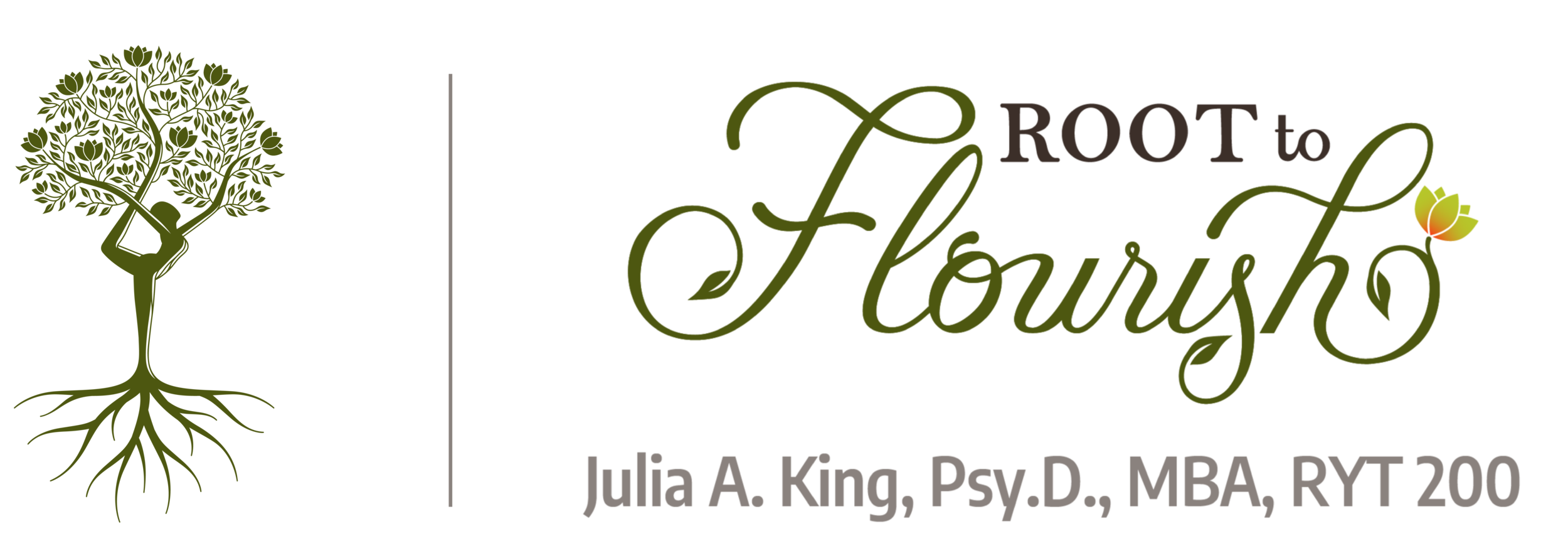Three Things You Can Do *TODAY* To Be Happier
“Happiness and well-being are actually best regarded as skills.”
— Dr. Richard Davidson, University of Wisconsin-Madison
In a recent post, Practicing Happiness, we explored the notion that our thoughts and behaviors can have a direct effect on our emotional experience and can therefore lead to an enduring boost of happiness.
Sonya Lyubomirsky and colleagues assert that “people can create for themselves a steady inflow of engaging, satisfying, connecting, and uplifting positive experiences, thereby increasing the likelihood that they remain in the upper range of their happiness potentials.”
So … how do we practice happiness?
Practices including mindfulness and meditation, gratitude, identifying and challenging negative thoughts, taking on challenges rather than avoiding discomfort, staying active, and choosing meaningful activities that fit our personality and interests, are an excellent place to start.
Three things you can do TODAY to be happier
You can do these three tasks RIGHT NOW, TODAY, and will likely experience a mood boost.
These tasks are not selected randomly. They are informed by science, as we have data suggesting that these practices are correlated with an improvement in emotional wellbeing.
And, they have been chosen because they are relatively easy - these are tasks everyone can do, and they take very little effort to execute.
Be present.
Make an effort to notice how often you are thinking about something that is not happening right now. Notice how often your mind is taking you elsewhere.
When you notice that your mind is elsewhere, practice a strategy I call ‘Catch and Release.’ That is, simply notice that your mind is elsewhere, acknowledge that observation, and return your attention to where you are, who you’re with, and what you’re doing right now.
A visualization strategy to release the thought may help. Perhaps you imagine the thought is a car driving by, or a leaf blowing away on the wind. Or maybe you try this one, provided by a client: you imagine you are dismissing the thought, swiping it away, like a notification on your phone.
Or, respond to the thoughts that are taking you away from now as flight notifications for a trip you’re not taking … you don’t care that the flight to Montreal is delayed because you’re headed to Miami!
Spend the day making an effort to be where you are, with the people you’re with, doing what you are actually doing.
Get outside.
The quickest, fastest way to boost your mood is to get outside!
And you don’t need to be in the backcountry of a National Park to receive the benefits! Urban parks, simply being around trees, or looking up at the sky, counts!
Even being outside for just five minutes is linked to an increase in positive emotions.
And, for a bonus, put down your phone! The combination of being outside with a break from technology has powerful effects for our mental health.
(If you truly cannot get outside for even five minutes, looking at images of natural settings can boost your mood as well.)
Do something nice for someone else.
Acts of kindness are correlated with improved emotional wellbeing. We become more aware of positive social interactions, improve our kind, helpful attitudes, and think more highly of ourselves when we are kind to others.
If you want happiness for an hour, take a nap.
If you want happiness for a day, go fishing.
If you want happiness for a month, get married.
If you want happiness for a year, inherit a fortune.
If you want happiness for a lifetime, help somebody else.
— Chinese Proverb
I challenge you to try it! Do these three things and see if your day improves, if your mood lifts, if perhaps your day is better than yesterday,
And, if you do … let me know you accepted my ‘Happiness Challenge’ and how you experienced it!
The inherent lesson to take away from this day of being happier, however, is the recognition that we can influence our emotional wellbeing with our thoughts, our behaviors, and our practices. When we embrace these shifts in how we think and behave, in how we approach our days, we do as Matthieu Ricard suggests, we shift our “way of being.”
And, by engaging in such practices consistently and repeatedly over time, we change our brains and our lives.

